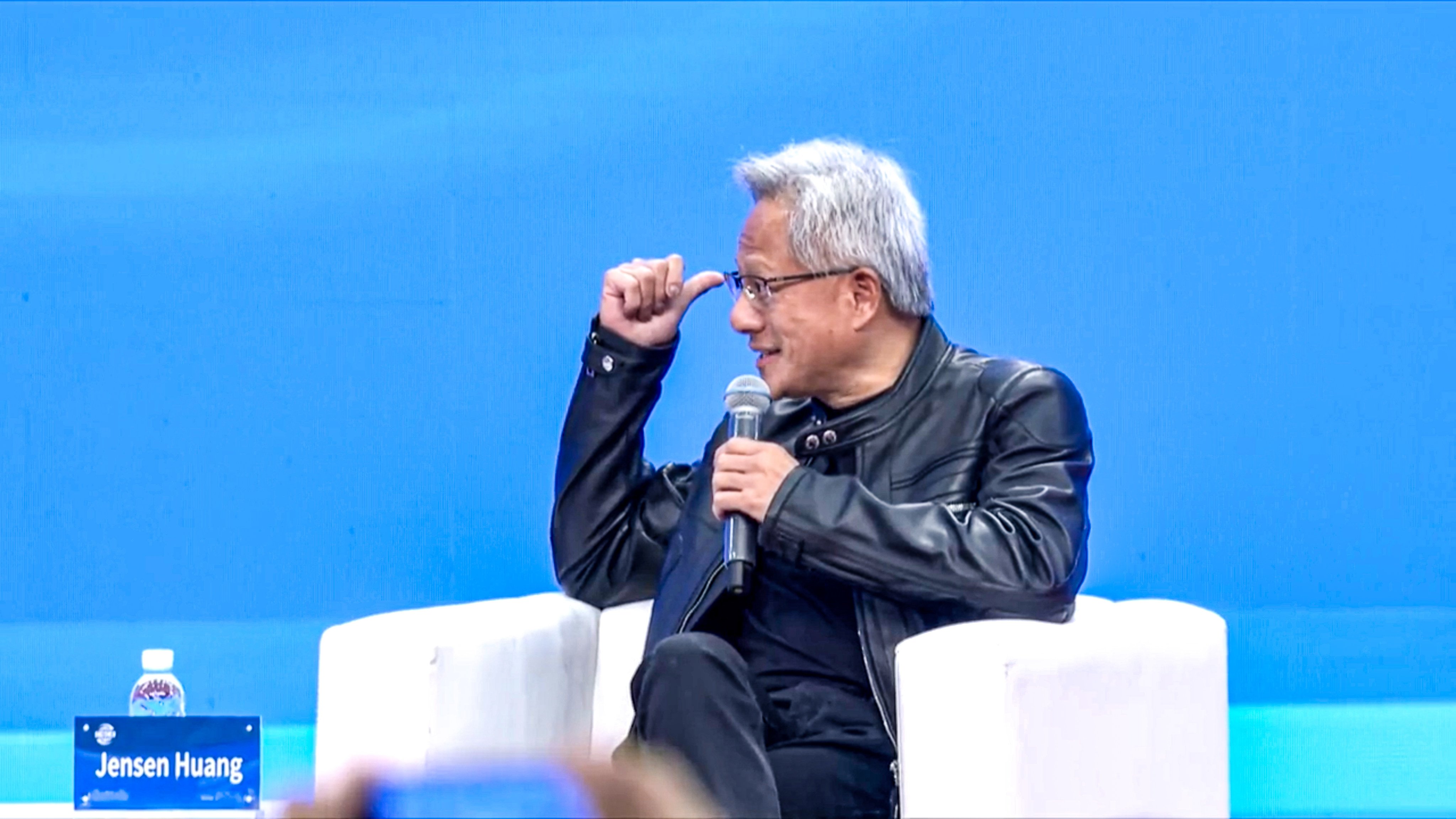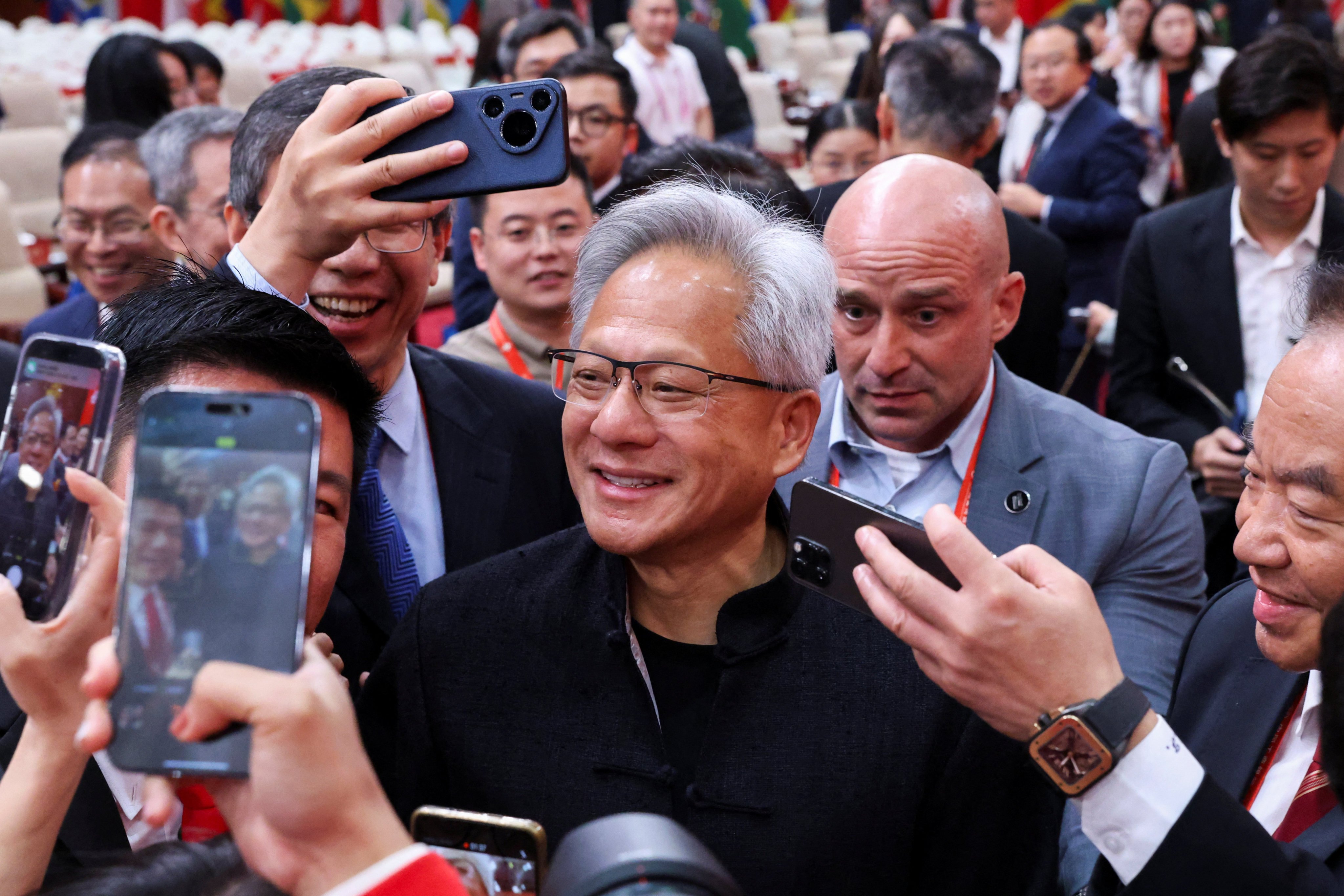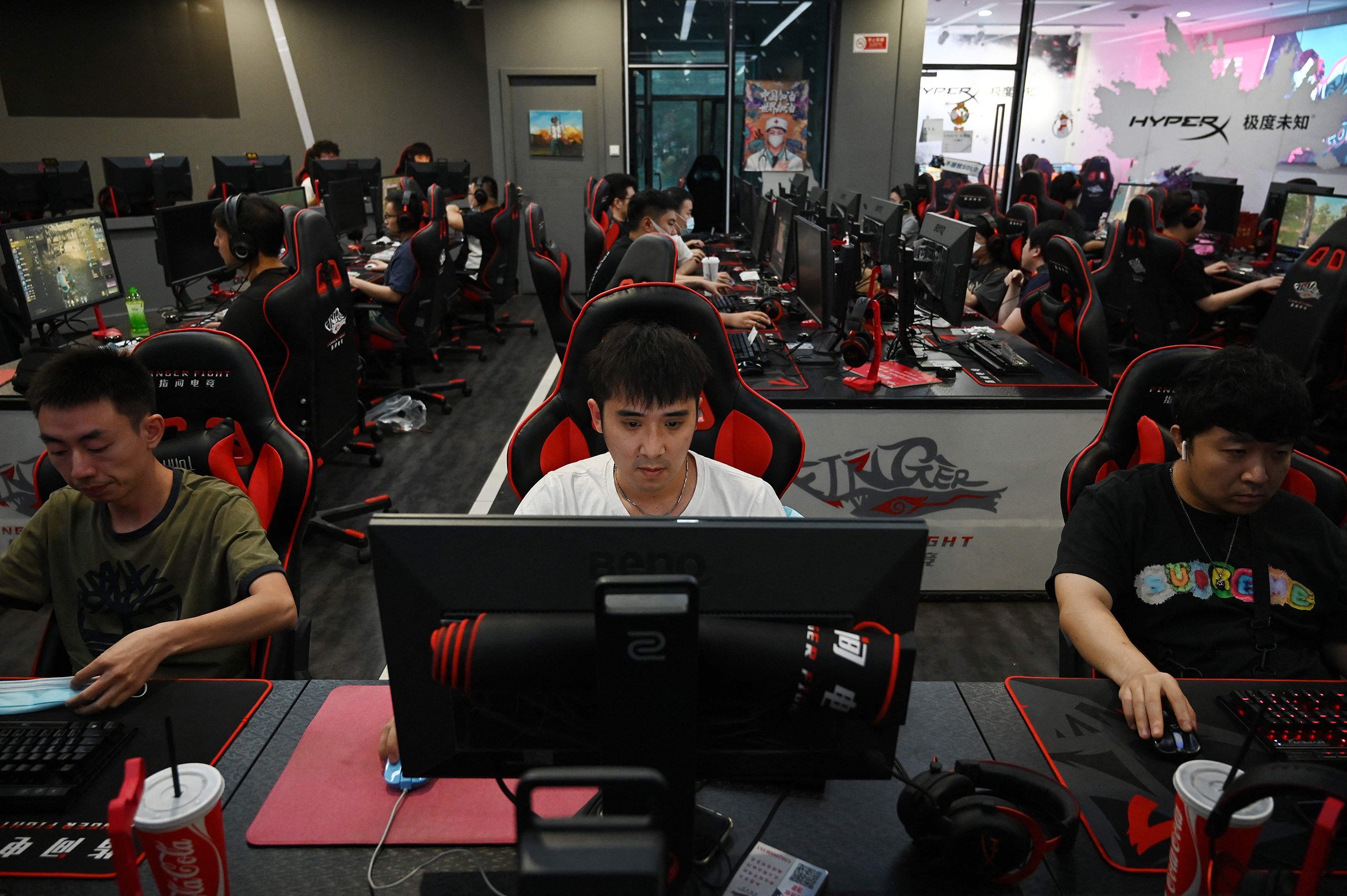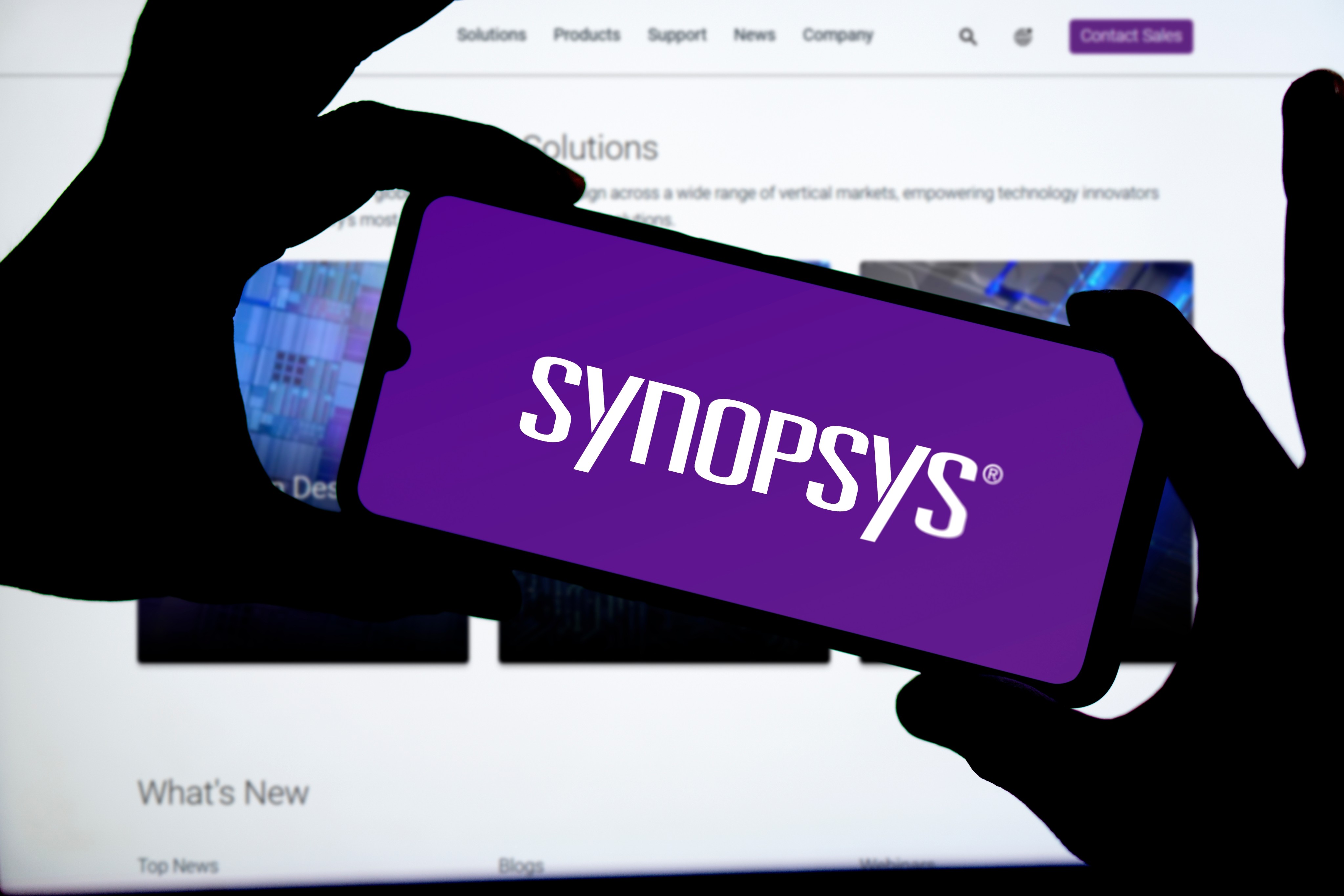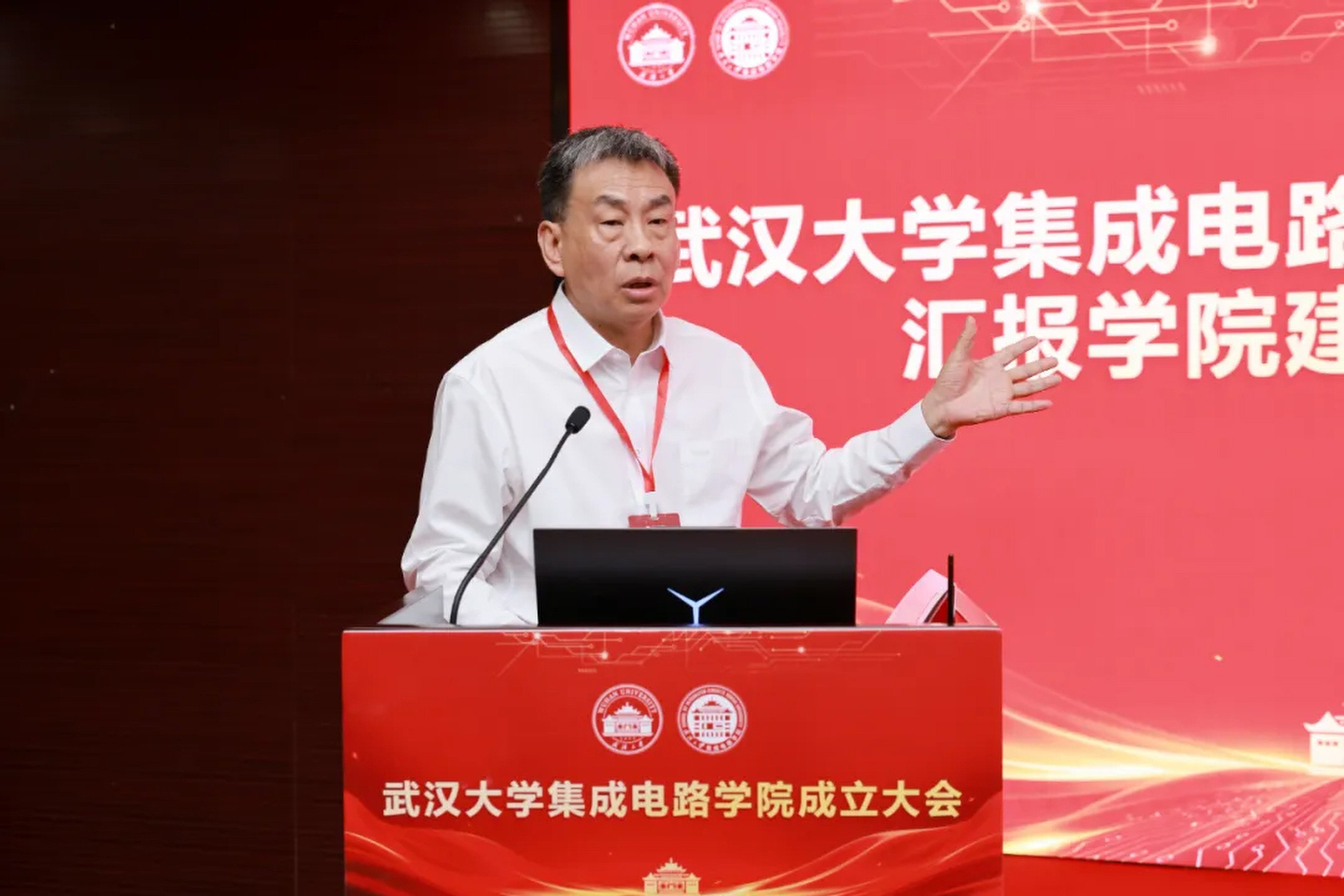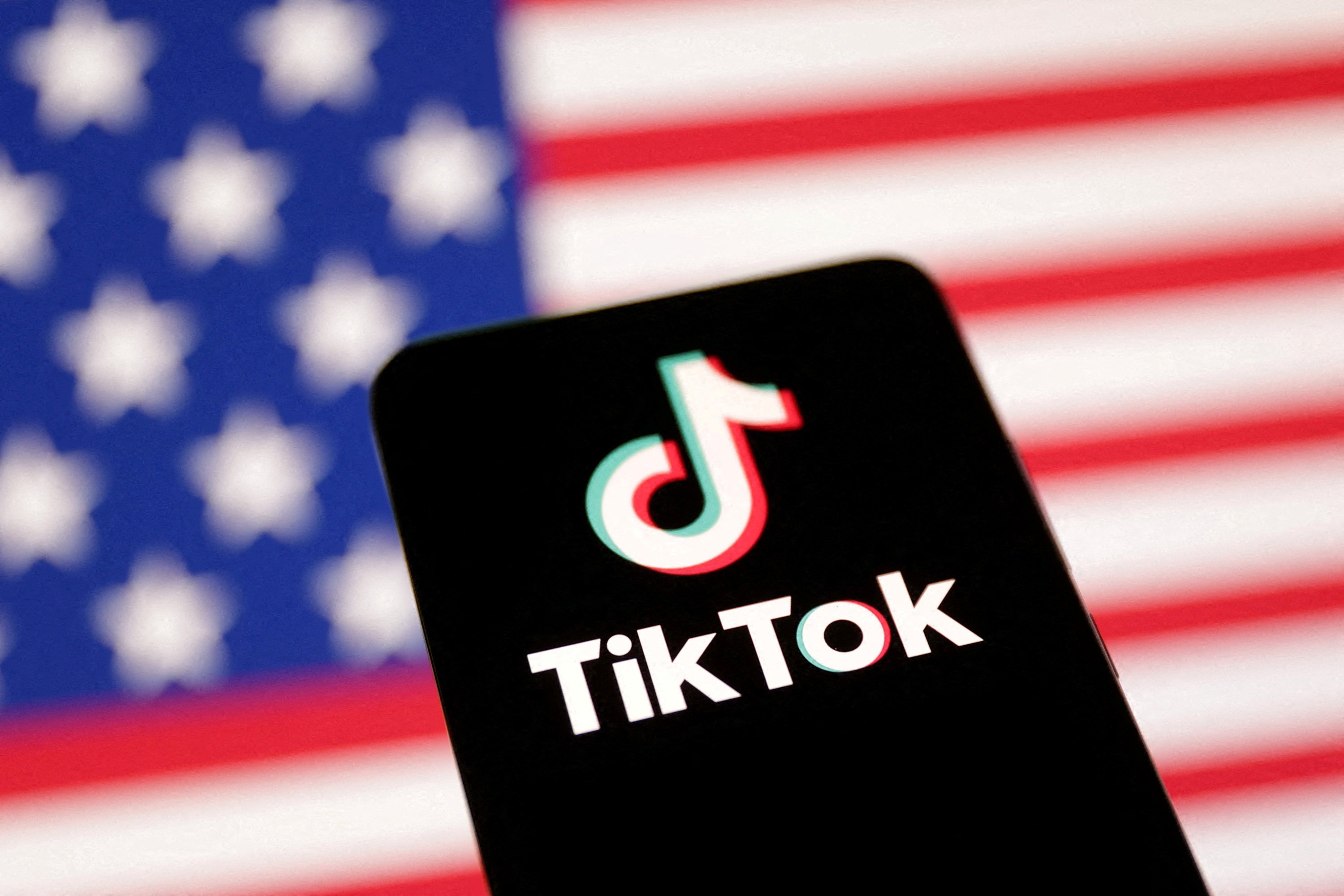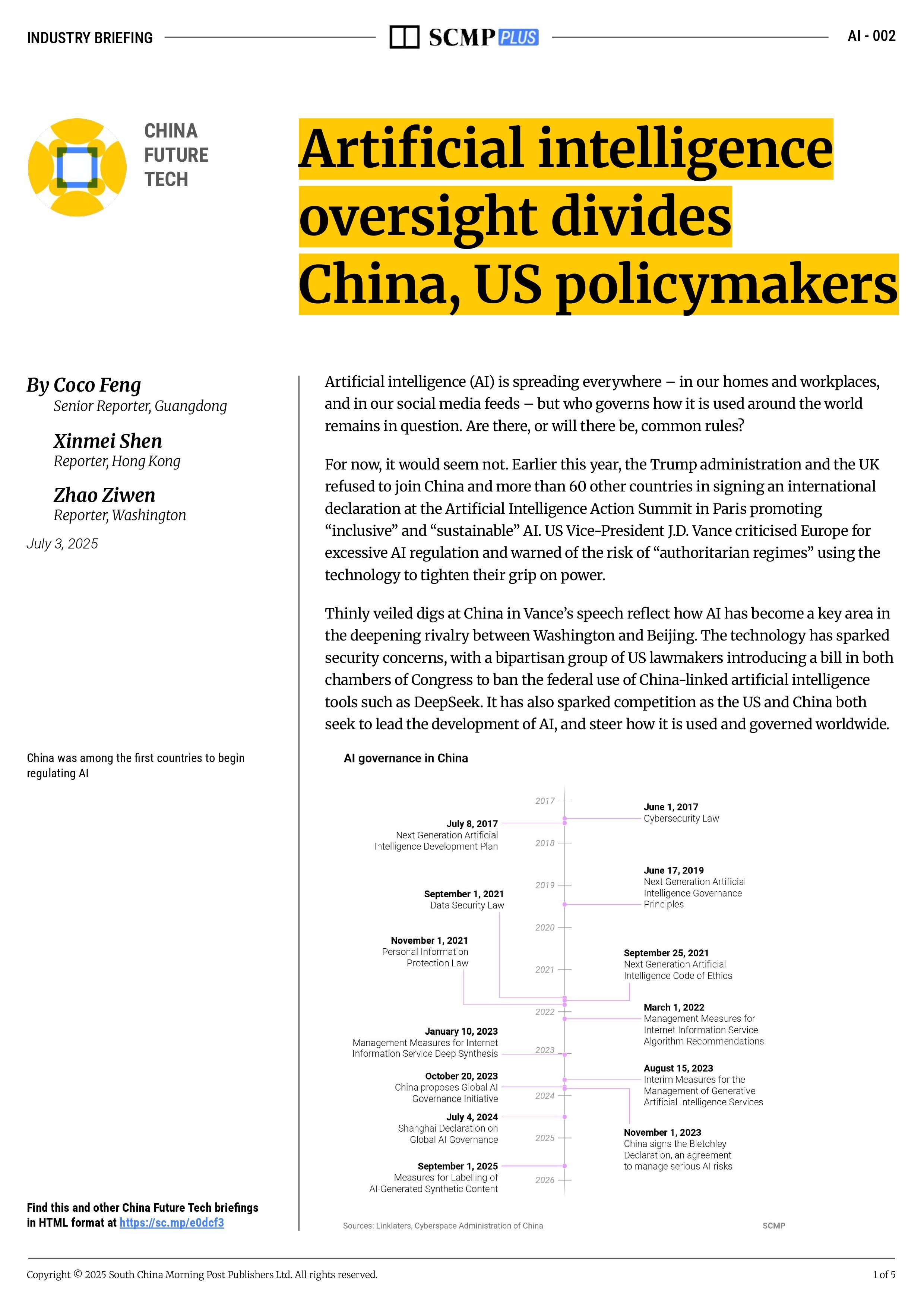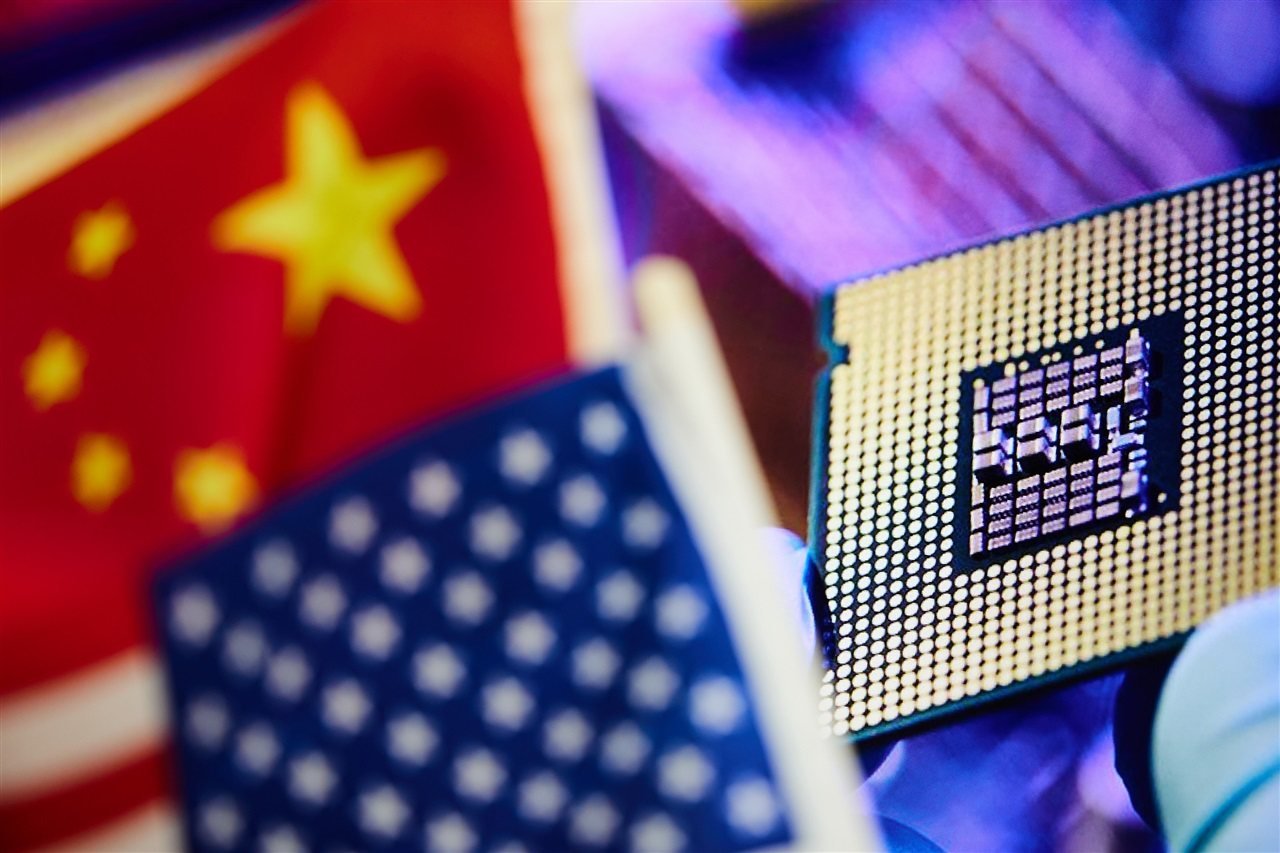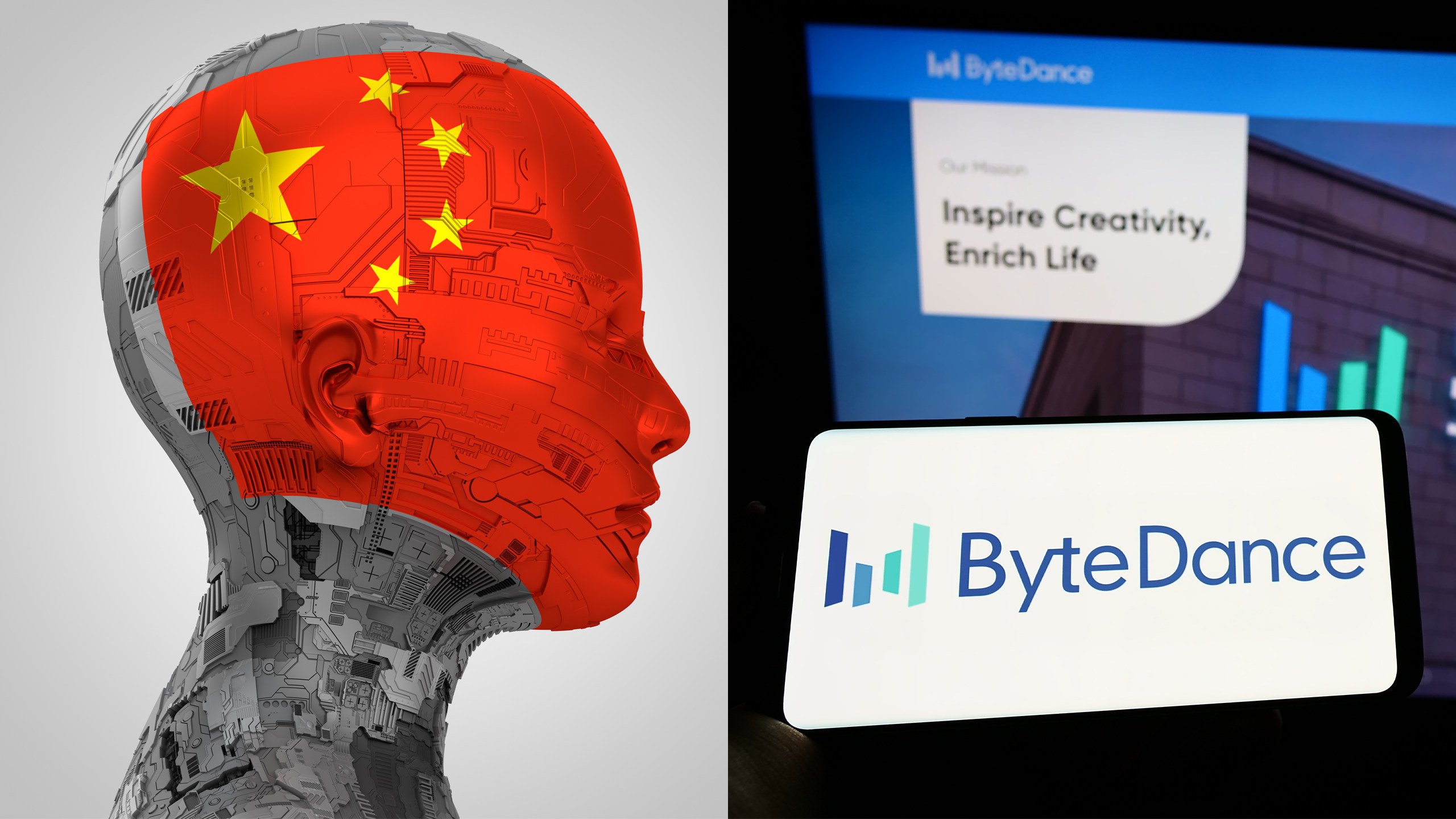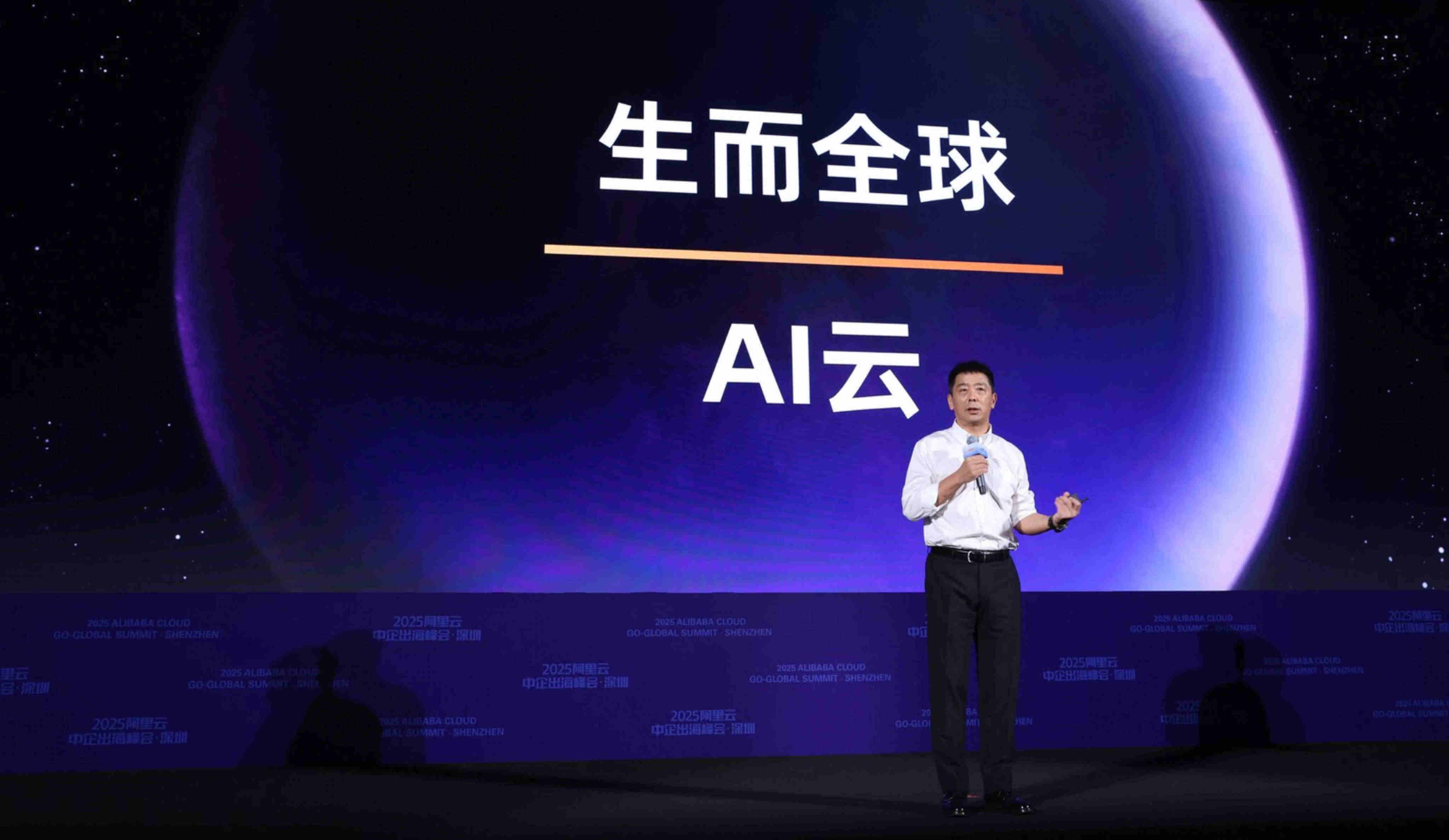The average monthly download of DeepSeek’s chatbot fell 72 per cent to 22.6 million in the second quarter from the preceding three months.
A member of the Qwen3 family gets an upgrade and outperforms products from rivals OpenAI and DeepSeek.
The company is on track to become the first humanoid robot maker to list on a mainland bourse.
Bordering Vietnam, Guangxi has long been a centre for cooperation with Southeast Asia, where AI demand is set to boom.
The meeting follows months of fierce competition, during which the companies offered a blizzard of food delivery discounts to win over users.
China’s free-for-all AI models, developed by firms like DeepSeek and Alibaba, present a viable alternative to US closed-source systems.
The Robobus operates on a fixed 1.2km loop every 12 minutes, connecting three hotels and a shopping mall on Sentosa island.
Firefox grew to become the world’s second largest browser by 2009, when its global market share reached 30 per cent.
DeepSeek’s models, Alibaba’s Qwen and Chinese start-up Moonshot’s Kimi are ‘the best open reasoning models in the world today’, says Huang.
The return of Nvidia's H20 chip is set to increase foreign chip imports in China, where Huawei has been gaining ground, analysts say.
17 Jul 2025 - 8:00AM videocam
Tech giant holds 18.1 per cent share of the mainland’s market in the second quarter, but shipments fall 3.4 per cent to 12.5 million units.
The new virtual ID scheme has been in the beta stage since a draft regulation was launched in July last year.
A subsidiary of China Mobile has ordered US$17.3 million worth of humanoid robots from AgiBot and Unitree.
The State Administration for Market Regulation gives the green light to the US$35 billion deal under certain conditions.
Wuhan University’s School of Integrated Circuits has teamed up with China’s top memory chipmaker to overcome US tech curbs.
The Tencent-backed start-up plans to acquire a controlling stake in Swancor Advanced Materials for US$279 million.
Zhang Yuzhuo says state-owned enterprises should learn from the agile innovation practices of private firms.
The company ‘has been studying plans’ for US-only apps, but had not made up its mind, according to a person familiar with the matter.
Shanghai-based start-up’s Black Panther II robot dog achieves a top speed of 9.7 metres per second versus 8.8 metres per second for WildCat.
The May figures marked a downward shift from the previous three months, as monthly shipments from February to April all rose year on year.
A Dobot Atom completed some delicate tasks, including flipping the meat and sprinkling salt over the dish.
Shein did not offer discounts based on the lowest price in the previous 30 days, and sometimes raised prices before applying a reduction.
China is set to follow Europe in passing an artificial intelligence law, while the Trump administration opposes federal legislation in the US.
Siemens, Synopsys and Cadence – three of the world’s largest EDA software developers – are set to resume sales to China.
The chatbot called Tanfan can also be used to compare selected restaurants and watch food video blogs.
The new recruits are expected to work under ByteDance’s Seed department, which handles AI-related research and development initiatives.
1 Jul 2025 - 6:45PM videocam
Founded in 2015, Dobot initially specialised in robotic arms but has recently ventured into the field of humanoids.
The system, following a similar innovation for pancreatic cancer, could change the screening approach globally, researchers say.
The video game Brawl Stars is already available within WeChat, while Clash Royale will exclusively launch on the messaging app in September.
The company operates more than two dozen data centres worldwide, including two in the US and one in London.
24 Jun 2025 - 5:00PM videocam









